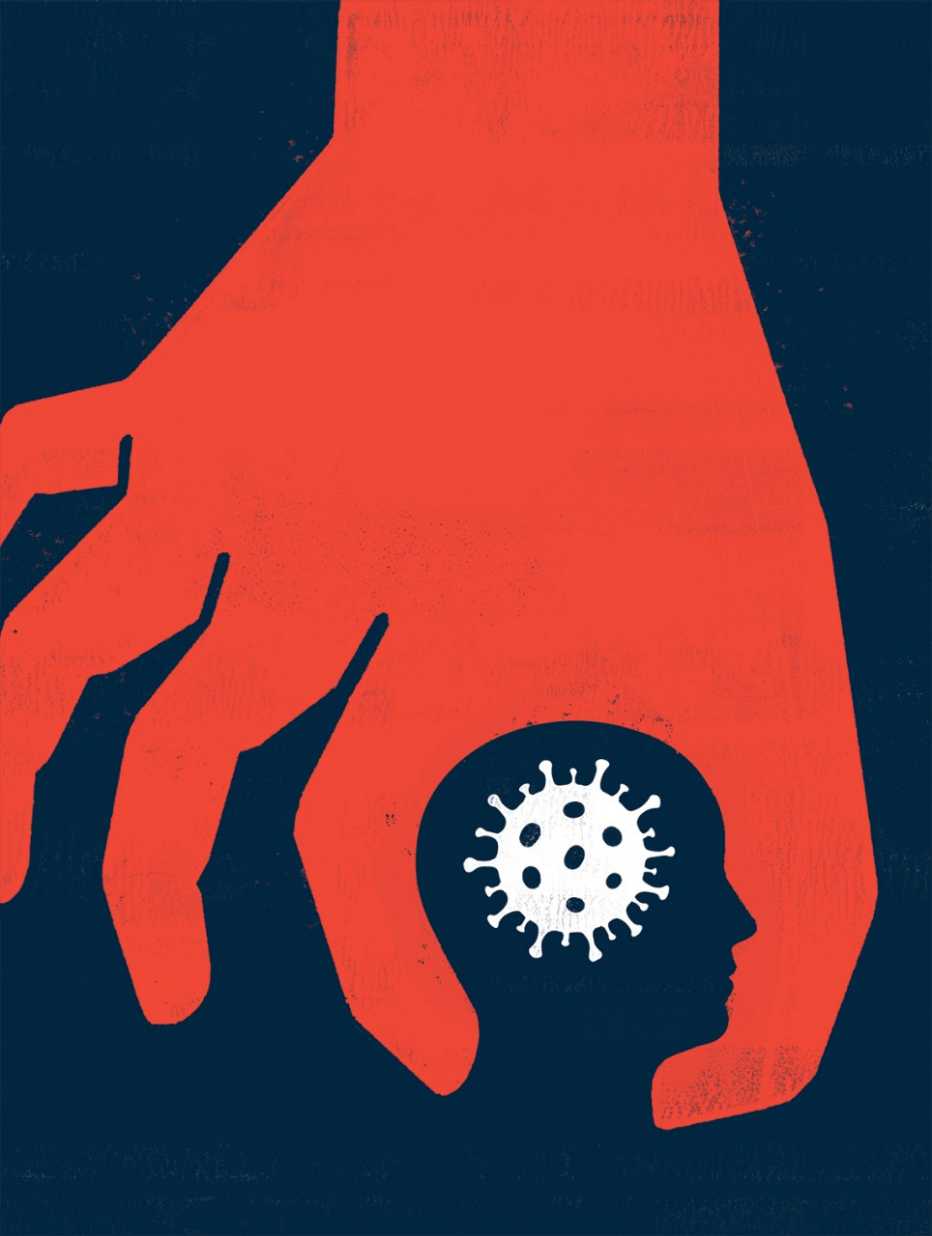AARP Hearing Center
Scam artists will stop at nothing to exploit the fear, social isolation and uncertainty fueled by the COVID-19 pandemic. “People are more vulnerable emotionally than ever,” says psychologist Stacey Wood, a professor at Scripps College in California. “That makes it easier to fall for the increasing number of scams out there."
According to AARP's Fraud Watch Network, criminals are preying on this new vulnerability with everything from fake work-at-home jobs and fraudulent charities to money-seeking romance schemers lurking on dating sites. Other scammers include government impostors who are targeting your stimulus check. How do they do it? Here are six psychological tactics scammers don't want you to know about.
A friendly voice


4 Ways to Stop a Scam Before It Starts
1. Cut them off. Toss, delete or hang up on unsolicited offers. Don't answer the phone if you don't recognize the caller ID. Don't click on links or provide personal info requested in an email.
2. End suspicious online friendships. This is not the time to trust strangers, no matter how nice they seem. In fact, scammers are professionals at being “nice.” Put on your toughest filters and cut off contact the moment someone you don't know well asks for info or financial help.
3. Cultivate your real friendships. Be in frequent touch with family, friends and neighbors who can be sounding boards on unusual offers.
Visit connect2affect.org to assess how much social isolation and distancing are affecting your mental and physical health, AARP's Allen says.
4. Do your homework. If someone claims they're from the IRS or your bank, call to verify. Visit aarp.org/scams to learn about the latest coronavirus scams
Before the coronavirus, 1 in 4 older adults were socially isolated; today that number is far higher. “When you're lonely, a friendly voice on the phone or a friendly message on social media seems like a real bright spot,” says Emily Allen, senior vice president for programs at AARP Foundation. Scammers use information they've gleaned about you online to strengthen the bond. They shower you with compliments and get you to like them in order to make you more willing to believe their lies.
Official-sounding sources
“In uncertain times, we rely more than ever on what other people tell us. Scammers may falsely identify themselves as being from the IRS or the Centers for Disease Control and Prevention,” says Robert Cialdini, regents emeritus professor of psychology and marketing at Arizona State University. “They misquote or make up advice from experts. And they create fake organizations that sound impressive, to fool you.”
Using your intelligence against you
"Some people get drawn in when scammers compliment their intelligence and ability to understand a so-called opportunity,” Cialdini says. “Others think they're smarter than a scammer and can spot a phony. Research shows that, among older adults, those who think they're the most invulnerable to persuasion are most likely to fall for scam artists."
Helping in hard times
Schemes involving fake charities, online romantic partners in need and grandchildren marooned away from home without cash are nothing new. But they're heating up as people yearn for ways to help others and as job losses and travel restrictions make scammers’ stories sound more believable than ever, Wood says.
Relieving your new anxieties
Job loss, stock market tumbles, scary virus risks — scammers are manipulating your fears in these uncertain times with too-good-to-be-true “opportunities” like fake work-at-home offers, bogus investment schemes and phony chances to buy face masks, hand sanitizer, coronavirus tests and fake remedies.
You gotta act now!
Goading you to either make a fast decision or miss out on scarce supplies or a new job plays on today's anxieties, Wood says. “When you're fearful or stressed, you're more likely to make impulsive decisions,” she says. “Scammers know this.”
Sari Harrar is an award-winning health and science writer based in Pennsylvania.
AARP’s Fraud Watch Network can help you spot and avoid scams. Sign up for free Watchdog Alerts, review our scam-tracking map, or call our toll-free fraud helpline at 877-908-3360 if you or a loved one suspect you’ve been a victim.




































































